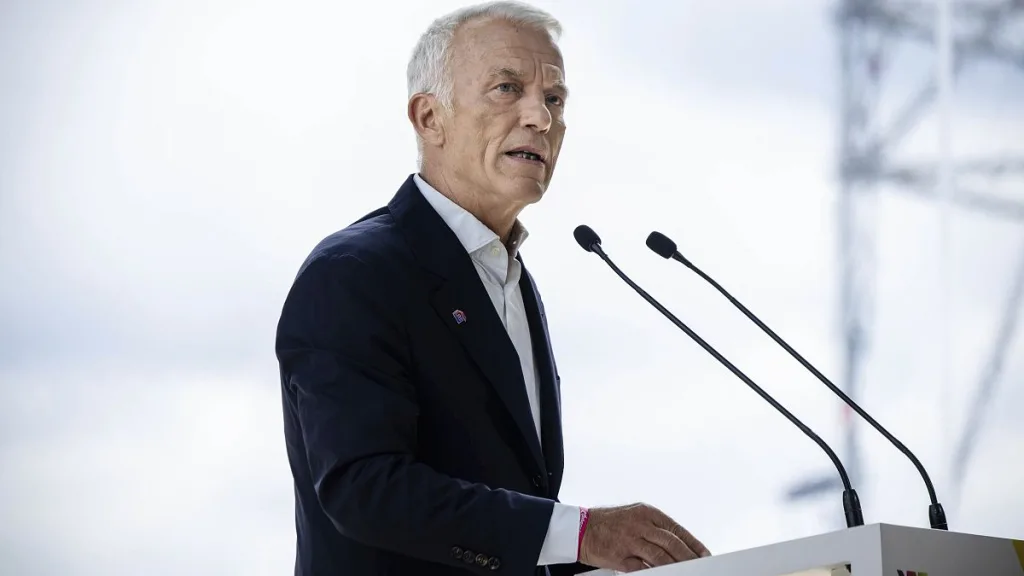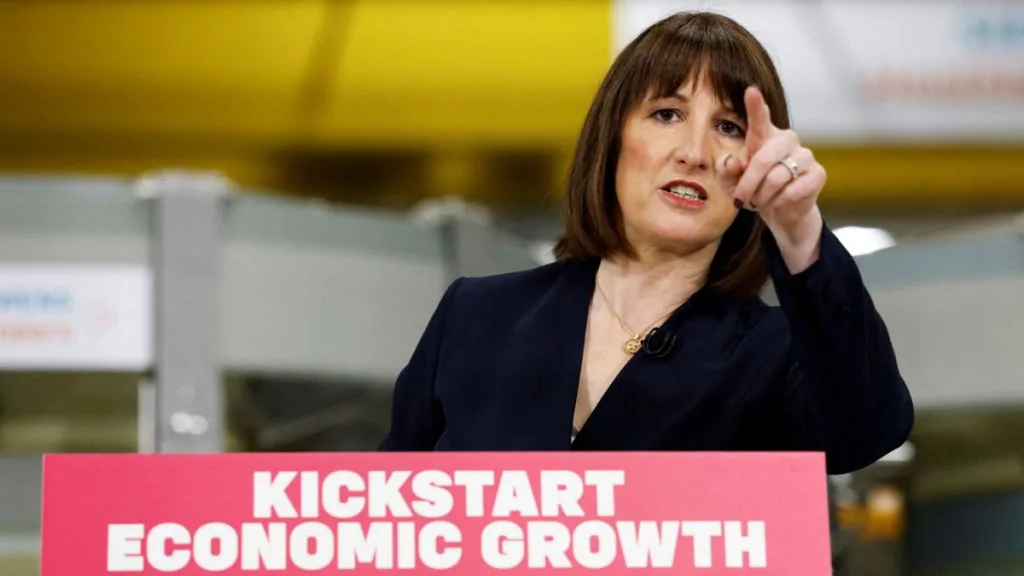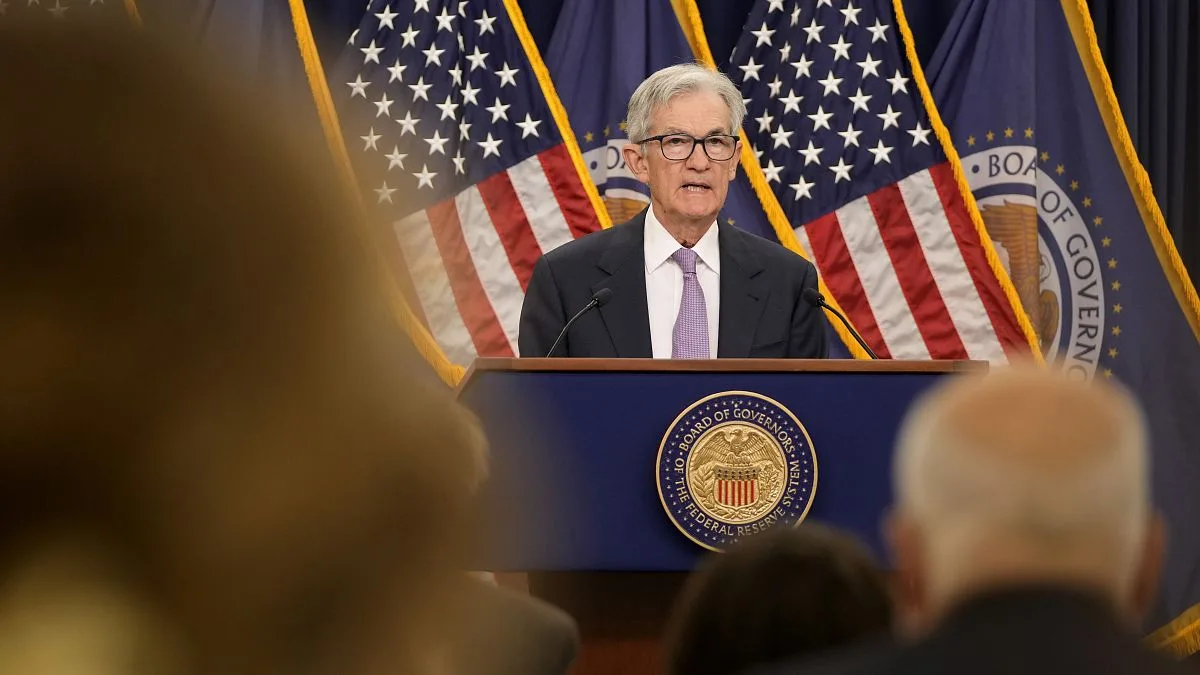France is currently navigating a challenging political landscape as the government engages with party representatives in hopes of garnering support for an upcoming budget bill.
Patrick Martin, the head of Medef, the largest employer federation in France, issued a stern warning regarding the country’s pension reform. He emphasized on Thursday that altering the pension reform to appease political adversaries is not an option.
“Compromising the effectiveness of the reform is not acceptable,” Martin stated during interviews with media outlets such as RMC and BFMTV. He added, “We are not in normal circumstances… This is not the time to revisit this reform.”
This warning comes at a pivotal moment for France, which is facing a political impasse over its financial commitments. Currently, government officials are meeting with leaders from various political factions to cultivate support for a fiscal plan aimed at 2025.
France is grappling with a significant overspend, with the deficit for 2024 projected at approximately 6.1% of its economic output. This widening deficit not only increases the cost of repaying creditors but also dampens new investments amid prevailing economic uncertainty.
The Pension Reform and Political Strategy
In 2023, France passed a law to reform its pension system, which includes raising the retirement age to 64. Given its unpopularity, this reform may serve as a potential bargaining chip for the current government.
Prime Minister François Bayrou is keen on avoiding the pitfalls faced by his predecessor, Michel Barnier, who was ousted last year after failing to secure enough parliamentary backing for his 2025 budget bill.
On Monday, when asked if modifications to the pension reform could be considered, Finance Minister Éric Lombard replied that “nothing is off the table.”
The specifics of the new budget plan are set to be unveiled by Prime Minister Bayrou during a policy address on January 14. Minister Lombard has indicated a target deficit of 5% to 5.5% for 2025, a somewhat more lenient goal compared to Barnier’s 5%.
In a recent new year address, Bank of France Governor François Villeroy de Galhau remarked that France’s debt now exceeds “critical thresholds.” He stressed the importance of reducing the deficit to as close to 5% of GDP as possible, clearly advocating for a figure lower than 5.5%.
Villeroy’s comments reflect a belief that France does not have to choose between recovery and growth; rather, decreasing the deficit will enhance investor confidence, thereby fostering economic expansion.
Photo credit & article inspired by: Euronews


